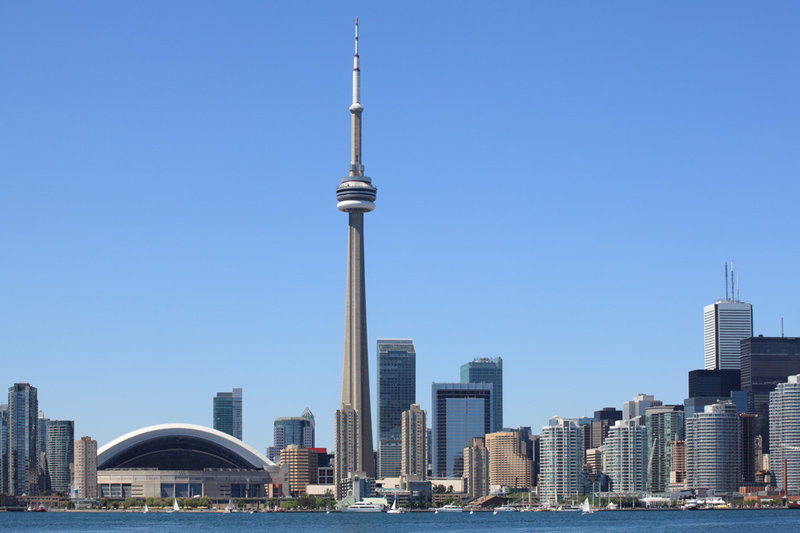TORONTO, June 7 (Reuters) - Canada's most populous province votes on Thursday, with populist Doug Ford's Progressive Conservative party leading in opinion polls, in an election likely to end 15 years of Liberal rule.
The election in Ontario, Canada's economic engine and home to Toronto, the country's largest city, has been reduced to a fight between Ford and the left-learning New Democratic Party, after Liberal leader Kathleen Wynne, premier since 2013, conceded on Saturday she would not be re-elected. is the brother of the late Toronto mayor Rob Ford, who made international news in 2013 when he admitted to smoking crack cocaine. The New Democrats, led by Andrea Horwath since 2009, surged ahead of Wynne's Liberals in polls in early May, winning strategic voters hoping to block a Ford government.
The New Democrats have not held power in Ontario since 1995.
"Both of them are untested. Neither have run a large department as a cabinet minister, let alone a government," said Carleton University business professor Ian Lee. "I think that will give some cause for concern."
Ford, who served on Toronto's city council when his brother was mayor, has spent much of his life running the family's label business. Horwath was a city councillor in the steel industry city of Hamilton before becoming the first woman to lead her party.
With about a third of Canada's population of 36 million, Ontario is home to much of the country's financial and manufacturing sectors. The province has one of the largest sub-sovereign debts in the world, at nearly C$350 billion ($272 billion) in March.
Blunt and combative with the media, Ford has drawn comparisons with U.S. President Donald Trump, though like his rivals Ford has tried to appeal to voters in the immigrant communities that sway elections in many Toronto suburbs. has promised to lower taxes, spend C$5 billion on the subway in Toronto and cut some C$6 billion from the provincial budget without eliminating jobs. He has not released a fully costed platform, leaving bond investors unsure that he will be more fiscally prudent than the Liberals. has promised to raise corporate taxes, return the Hydro One H.TO power utility to public ownership and create a province-wide drug and dental plan.
Advance voter turnout rose 19 percent from the previous election, with an estimated 768,895 voting before election day, according to Elections Ontario.
"I think there's going to be good turnout," said Lee. "There's great interest in this election."
A final Ipsos poll released on Wednesday had the PC party with 39 percent of the popular vote, the NDP with 36 percent and the Liberals with 19 percent, with a margin of error of 3.1 percentage points.
Ipsos said the PC party would likely win power, with the majority of seats in the province's legislature.
Polls close across the province at 9 p.m. ET/0100 GMT.
<^^^^^^^^^^^^^^^^^^^^^^^^^^^^^^^^^^^^^^^^^^^^^^^^^^^^^^^^^^^ FACTBOX-Main candidates in the Ontario provincial election
